
Feb 8, 2017
Source: TOHOKU UNIVERSITY
Women who started menstruating early in life could later face a higher risk of stroke.

Image: pixabay.com
Women who started their periods at the age of 13 or younger, are about 1.8 times more likely to suffer a stroke, than those who started at the age of 15. These women are also more at risk for cerebral infarction, in which a section of brain tissue dies due to reduced blood flow and oxygen. This is according to research recently published in the journal Neuroepidemiology. (more…)

Feb 7, 2017
Source: stroketales.com
This is a blog post written by Kasia, young stroke survivor from Poland. She is one of the ambassadors of the Merz-SAFE post-stroke spasticity project.
1. Cooking – nothing is better than doing polish Pierogi (dumplings) or Indian chiapati (roti;p)
kolaż-pierogi

Image: stroketales.com
2. Hanging your laundry – with clothespin! Great for precise movements;
3. Vacuuming, sweeping – sorry for that! For me it’s best to use healthy hand only for helping sick one. It took time to learn that, but finally I’m here. Healthy hand is resting more, spastic one works more
4. Doing your dishes – a bit precise. Hold something, turn it, put something into something elase, decompose… it’s extremely hard with one hand!
5. Ironing. The thing that I hate doing and wasn’t doing even while being healthy. Only before interviews. But it just must be good. Hand get’s stronger, but putting your shirt on ironing board is pretty hard and precise action, isn’t it?
Well, it’s my tradition to say: Mooom, it doesn’t mean that I will love completing all the chores you want me to!
P.S. My special number six. During communist era my parents bought somewhere plenty of pasta and not milled coffee, you know, in seeds. It was like a miracle. But they left it once in tiny room with two dogs.
After coming back they saw disaster. Our beautiful dogs ripped all packaging and mixed all together. Well. If you know anything about communist Poland, you know, that it couldn’t be wasted. So my parents st there for hours playing in Cinderella game. Separating coffee from noodles.
It’s like an exercise you can get in rehabilitation centers:))
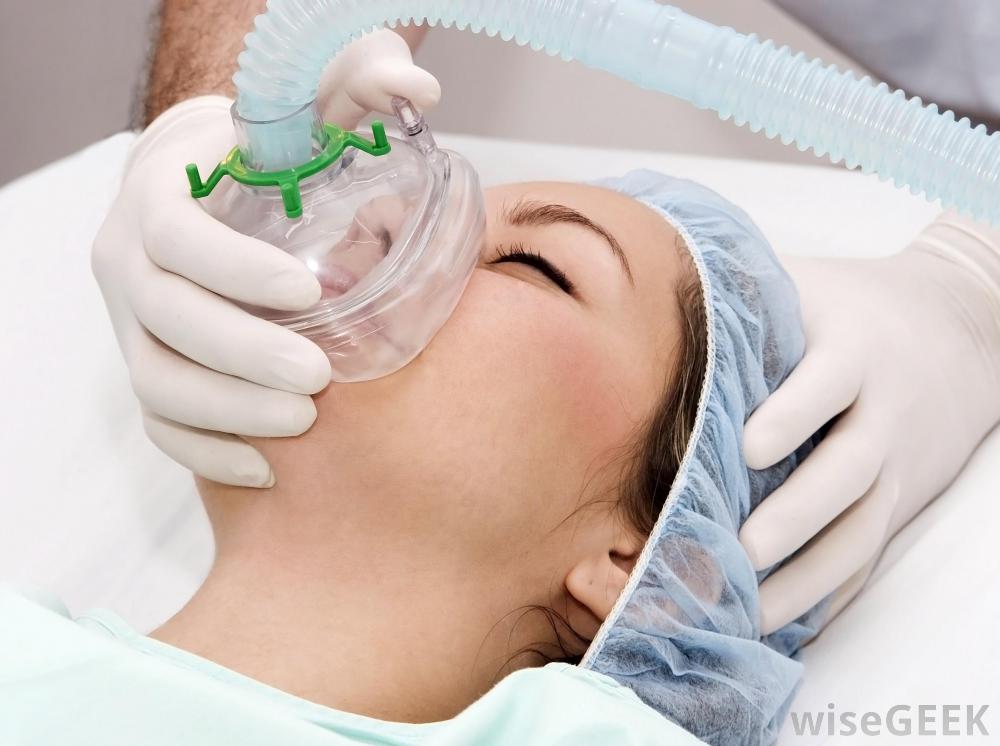
Feb 3, 2017
Oxygen after stroke – the PROOF trial
Can high-dose oxygen therapy reduce the effects of stroke? A new international study called PROOF, funded by the EU, will investigate.
An ischaemic stroke is the most common type of stroke. The arteries that supply the brain with blood become clogged by clots. This kills the cells at the centre of the stroke and puts those nearby at great risk. (more…)

Feb 1, 2017
A new study by researchers at the University of East Anglia (UEA) and the University of Glasgow has found that a low-cost therapy can improve the lives of stroke patients with vision problems.
A stroke can affect the way the brain processes the information it receives from the eyes which can cause a number of visual processing problems. The study aimed to test the effectiveness of visuomotor feedback training (VFT) in treating the most common of these, visual neglect, which happens when the brain does not process the information about what is seen on one side of space. (more…)

Jan 26, 2017
Source: Stroke Association UK, www.stroke.org.uk
Hanna Coles from Ferndown is taking on the Stroke Association’s Resolution Run on Sunday 19 March at Moors Valley Country Park in Ringwood.
Hanna, 25, was inspired to raise vital funds for the Stroke Association after her mother, Karen Groombridge, had a stroke in 2008, aged 52. (more…)
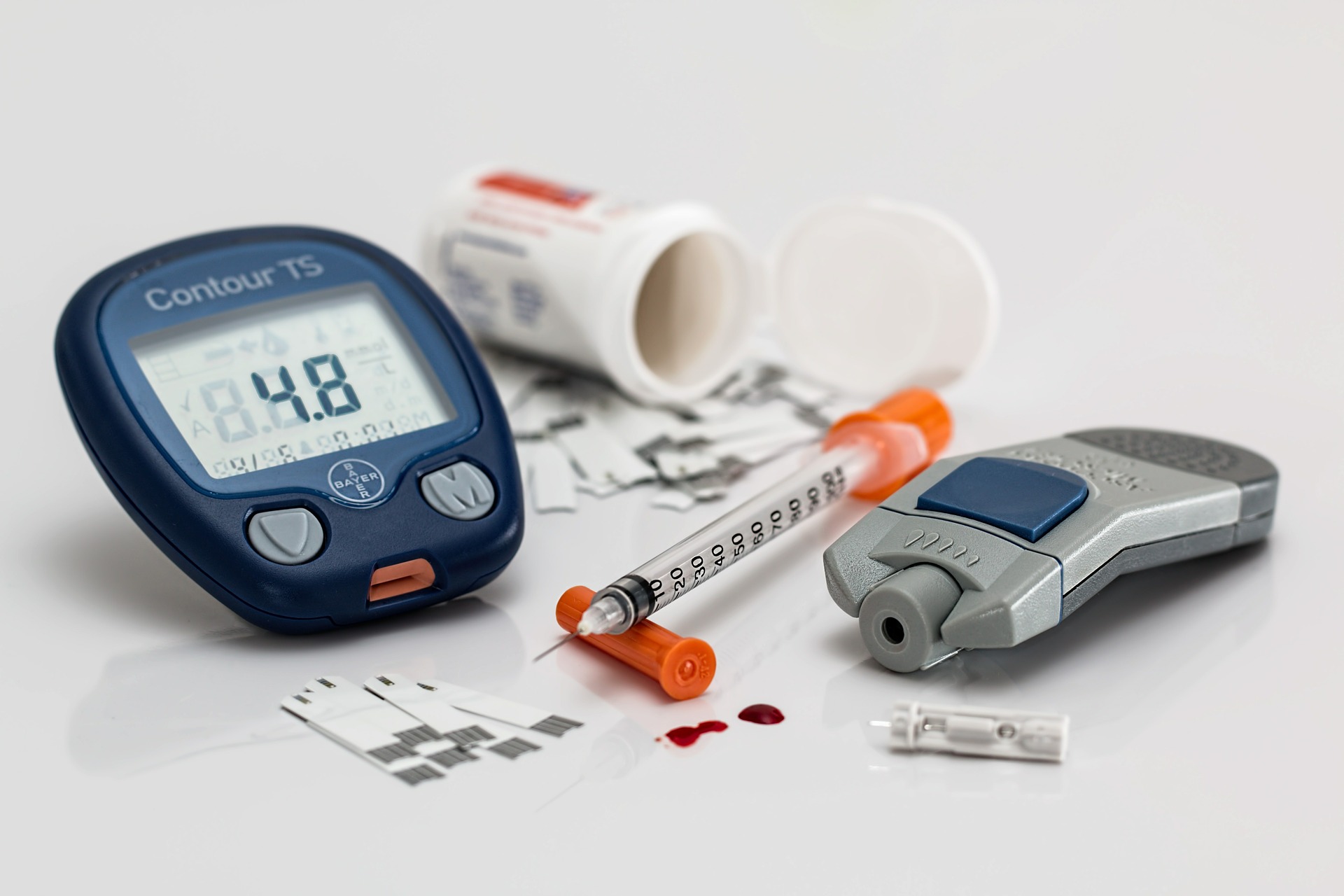
Jan 26, 2017
HealthDay News, published on neurologyadvisor.com
For patients with atrial fibrillation (AF), diabetes requiring insulin, but not diabetes without insulin treatment, is associated with an increased risk of stroke/systemic embolism, according to a study published in the Journal of the American College of Cardiology.
Giuseppe Patti, MD, from the Campus Bio-Medico University of Rome, and colleagues examined the differential role of insulin vs no insulin therapy on thromboembolic risk in a cohort of patients with AF. The authors compared the rates of stroke/systemic embolism at one year according to diabetes status. Data were included for 5717 patients; 1288 of these had diabetes, of whom 22.4% were on insulin. (more…)

Jan 25, 2017
On 25 January 2017, EBC and MEP Aldo Patriciello (Italy) host an AF-Related Stroke Policy Series Workshop in the European Parliament in Brussels. Moderated by Peter O’Donnell of Politico, the workshop focuses on highlighting the importance of pre-screening and early detection of AF to reduce the threat of stroke and features expert speakers in both AF and Stroke.
18% of strokes are associated with Atrial Fibrillation—the most common heart rhythm disturbance. The early detection of previously unknown arrhythmias, such as AF, can enable patients to receive timely and effective diagnosis and treatment in order to avoid possible future onset of stroke. (more…)
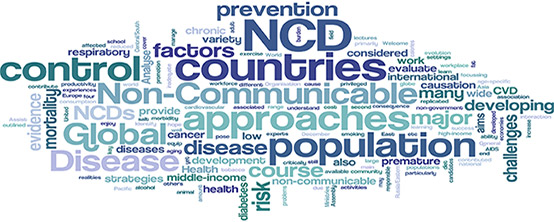
Jan 24, 2017
Written by Luke N Allen, Andrea B Feigl
DOI: https://dx.doi.org/10.1016/S2214-109X(17)30001-3
The global health community does not spend much time on branding, which perhaps explains why existing classifications for the three largest groups of diseases are both outdated and counterproductive. The first Global Burden of Disease study1 described infectious diseases, non-communicable diseases (NCDs), and injuries. This grouping reflected a predominantly infectious disease burden in low-income and middle-income countries, which has since tilted towards NCDs. A name that is a longwinded non-definition, and that only tells us what this group of diseases is not, is not befitting of a group of diseases that now constitute the world’s largest killer. (more…)
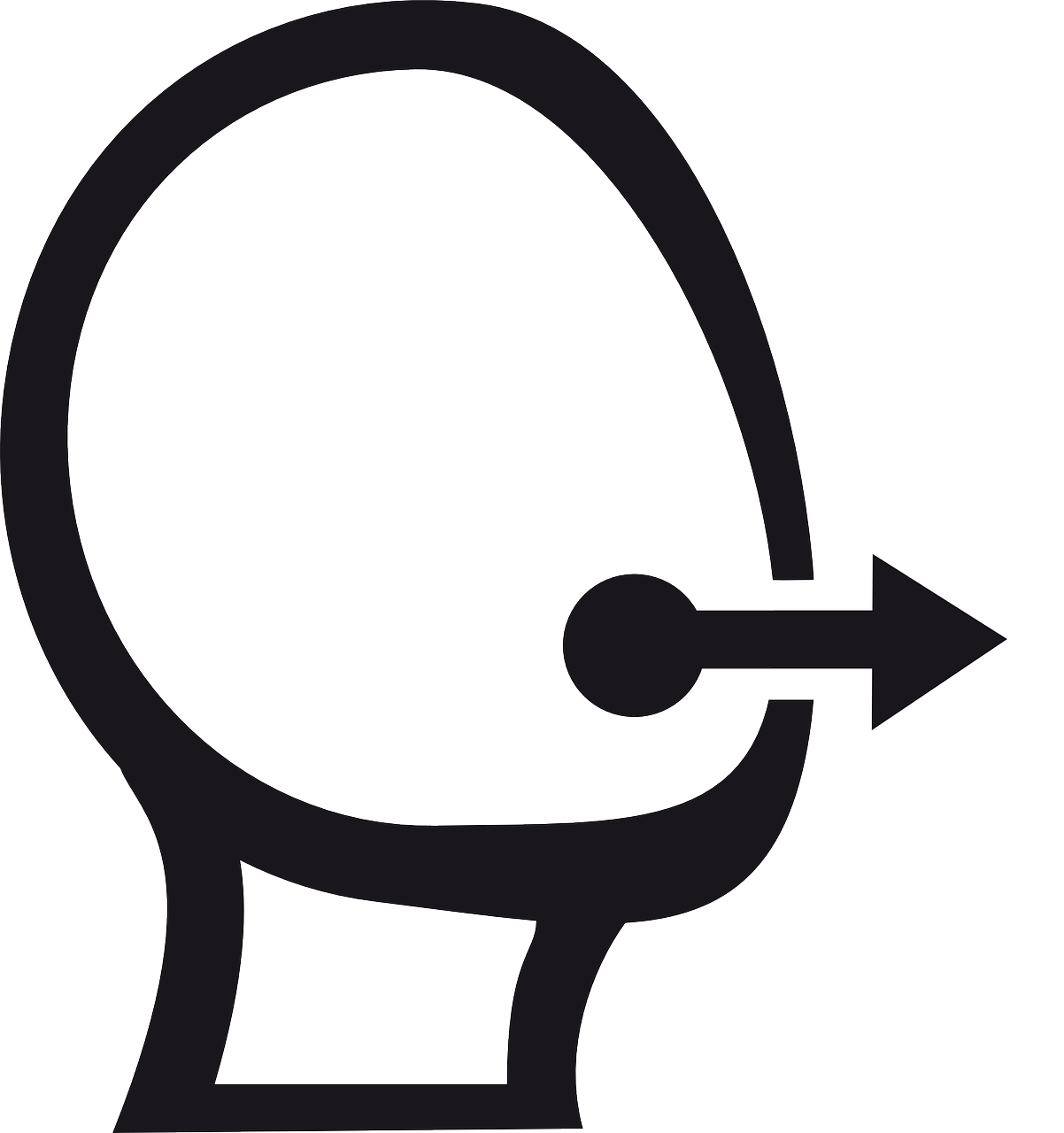
Jan 22, 2017
Stroke can lead to ongoing communication problems, but recovery is often possible.
The source: medicalnewstoday.com
Written by Yvette Brazier
Every year in the United States, more than 795,000 people have a stroke, according to the Centers for Disease Control and Prevention. Furthermore, the United Kingdom’s Stroke Association note that 1 in 3 people will experience communication problems after a stroke.
Unfortunately, we often judge people on how well they communicate. From the outside, a person who has difficulty speaking may appear to have difficulty thinking, too, but this is not necessarily true. (more…)
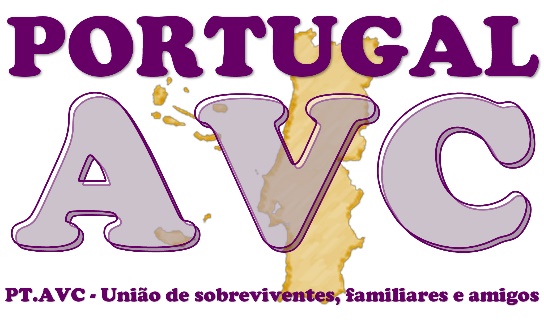
Jan 18, 2017
by Jennifer Thomsen | 17.1.2017 |published on eso-stroke.org
Interview with a Stroke Survivor who had stroke at 34
By Francesca Romana Pezzella (Italy) and Anita Arsovska (Macedonia)
Diana Wong Ramos is a 39 year old stroke survivor, whom we met during the SAFE (Stroke Alliance for Europe) Conference in Amsterdam, 6th -9th of December, 2016. Diana is a brave young woman who had recently founded the Stroke Support Organization in Portugal, her Country, (Portugal AVC) together with Antonio Concenicao. (more…)















